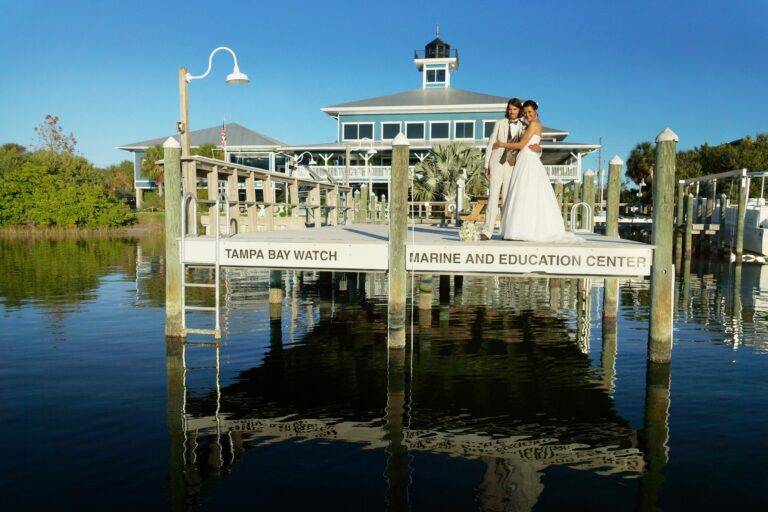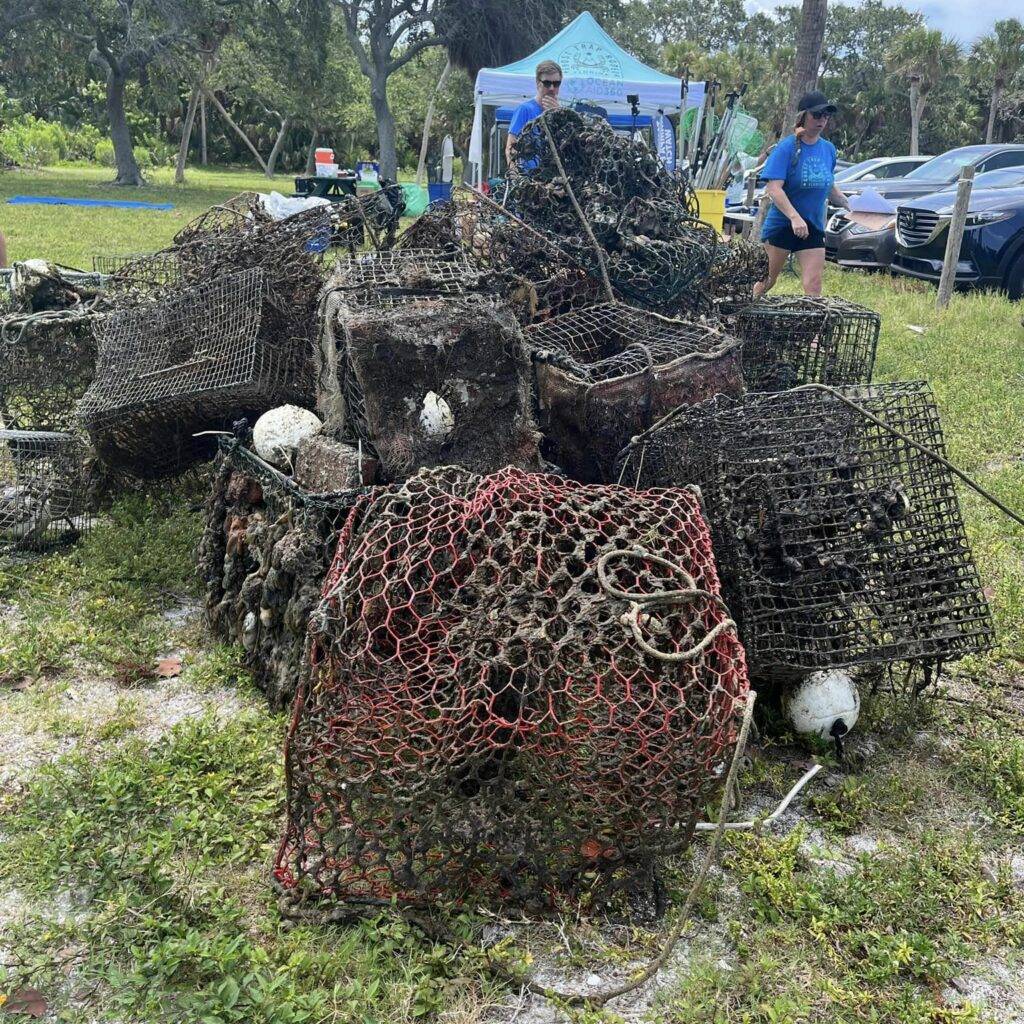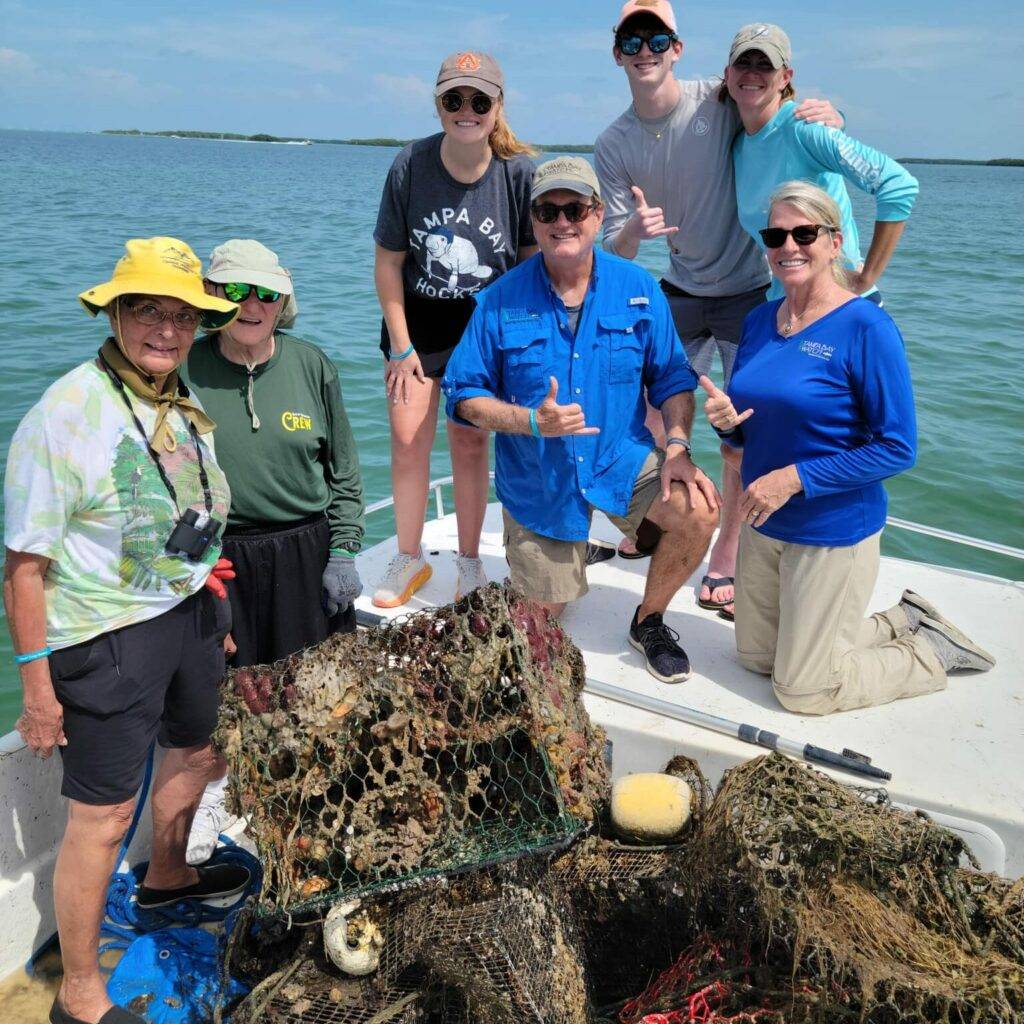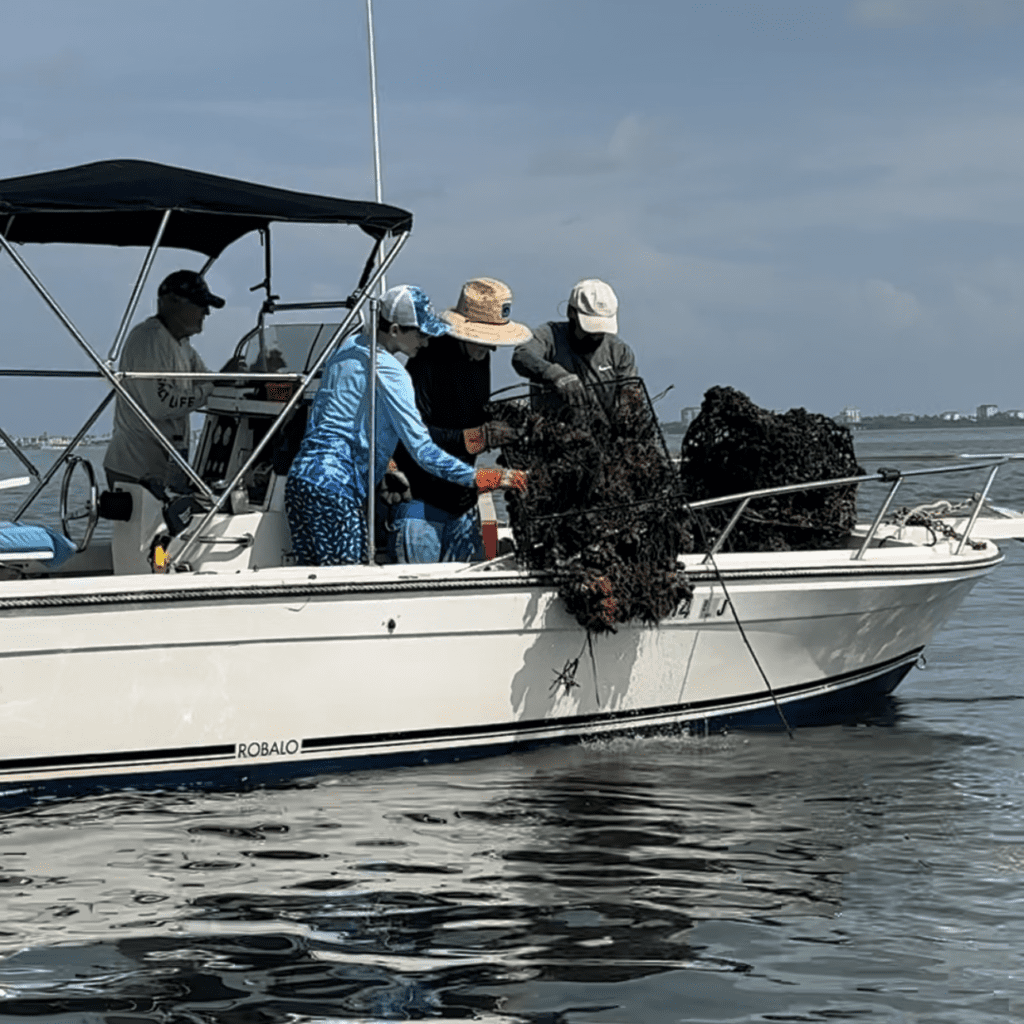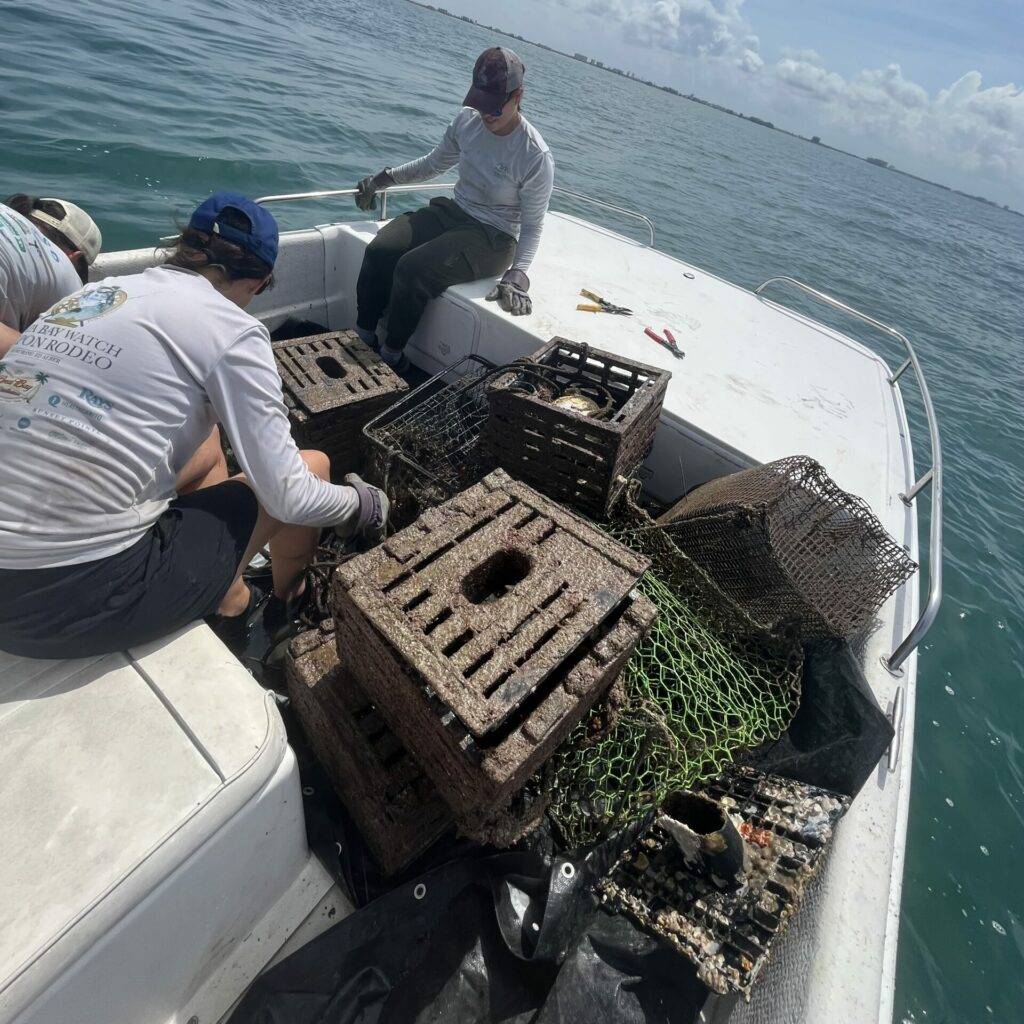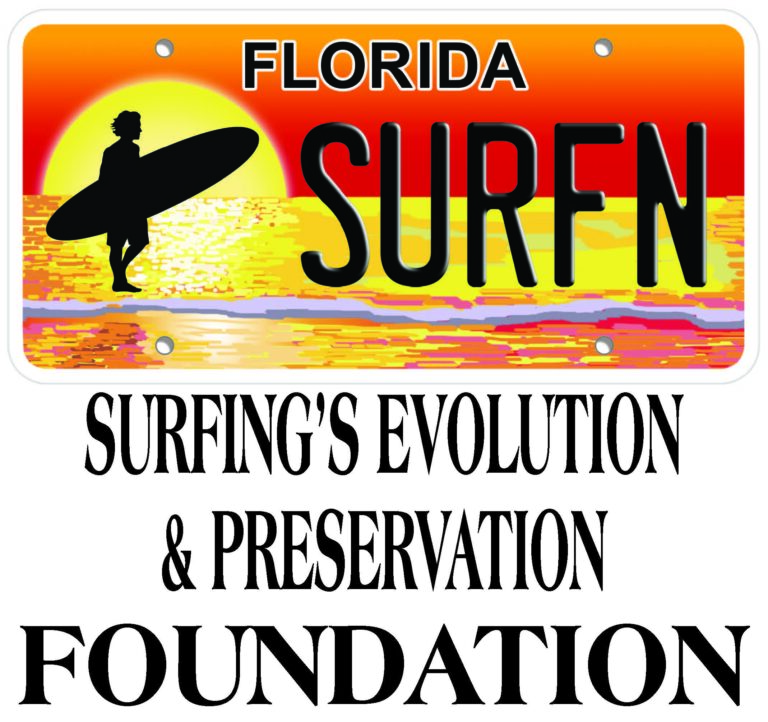Our Mission
Tampa Bay Watch is dedicated to fostering a healthy Tampa Bay watershed through community-driven restoration projects, education programs, and outreach initiatives.

Contact
Have questions about Tampa Bay Watch? We can help.
Stay Current
Sign up for our newsletter to receive updates on all the latest and greatest information.
Discovery Center
Explore our educational space on the St. Pete Pier, featuring interactive exhibits, daily programs, and a touch tank full of animals from the estuary!
Together, we can bring life to the bay.
It takes a community to make lasting change and protect the future of Tampa Bay’s ecosystem.

Volunteer Calendar
Check out all of our upcoming volunteer opportunities.
Become A Member
Are you passionate about protecting our waterways? Take a stand for Tampa Bay’s future.
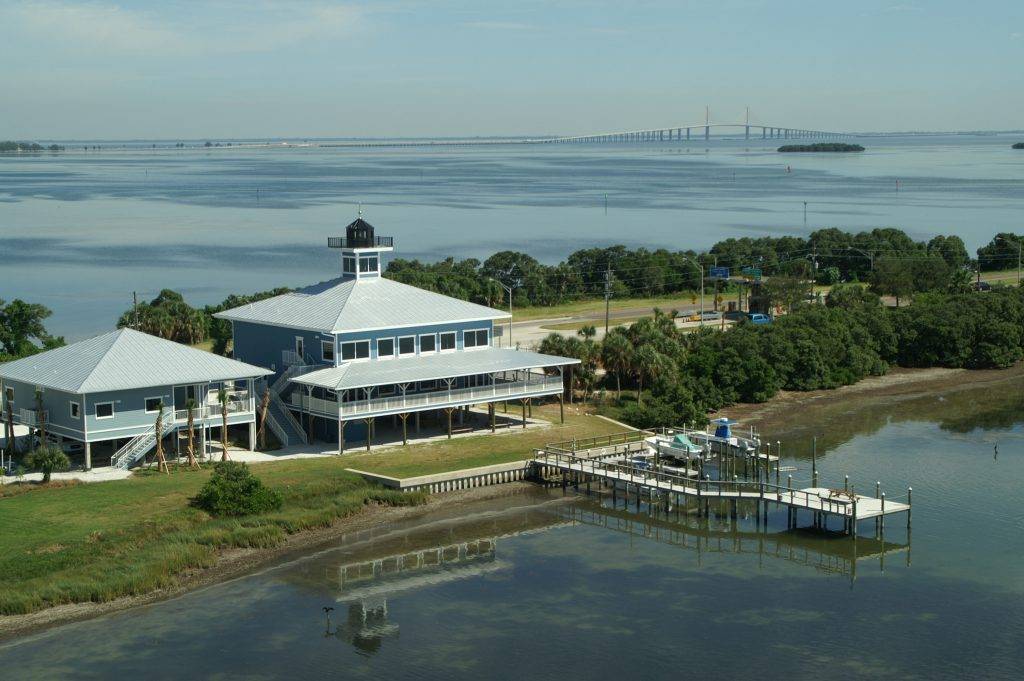
Our annual events are designed to educate, entertain, and strengthen the community.
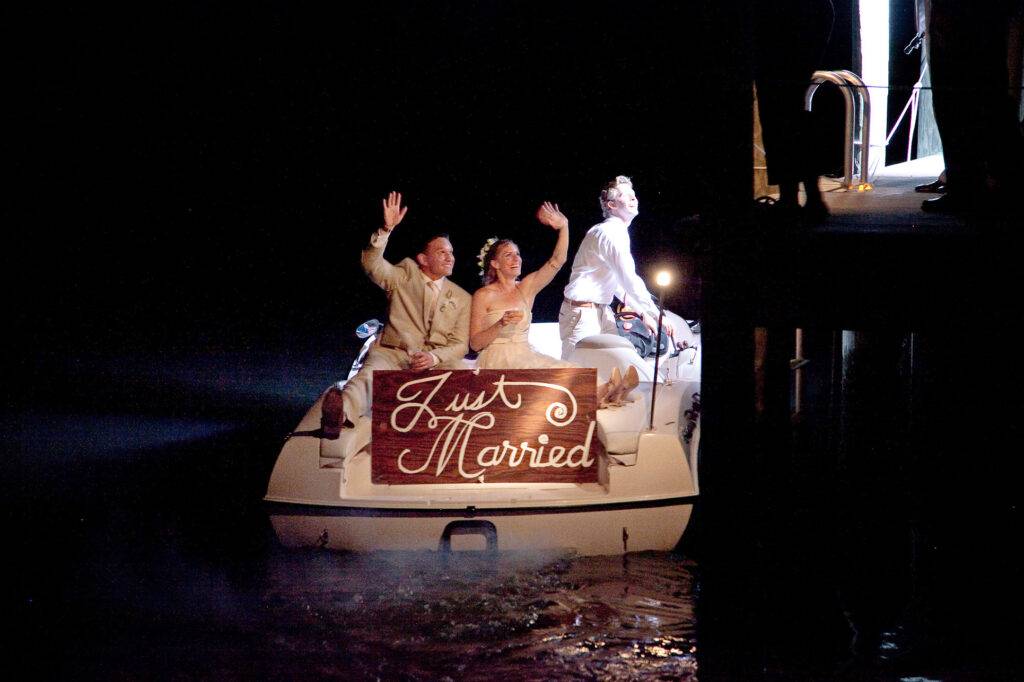
Host an unforgettable occasion at our beautiful waterfront event space.
